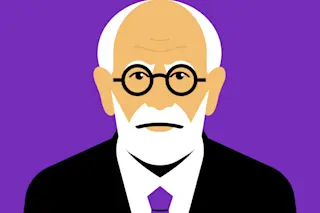“You see but you do not observe!”
Image Credit: Hartswood Films Why would you envy a man who doesn’t know the names of all the planets, is a “high functioning” sociopath, and has no friends? Because Sherlock Holmes thinks in all the ways we wish we could. And we can, if we follow his brilliant, snarky lead. This January, Sherlock Holmes mania will again confidently assert itself into pop culture, thanks to the BBC’s incredibly popular series of the same name, boasting two of the biggest British actors—Benedict Cumberbatch and Martin Freeman. Leading man Cumberbatch will reprise his role as the world’s only consulting detective. His character is glib, ruthlessly cunning, and hopelessly chained to his own cognition. Indeed, the mind of Sherlock Holmes is the real object of the TV series. It whirls and processes information that we never see and aligns dots that we never connect. Sherlock’s mind, ...













